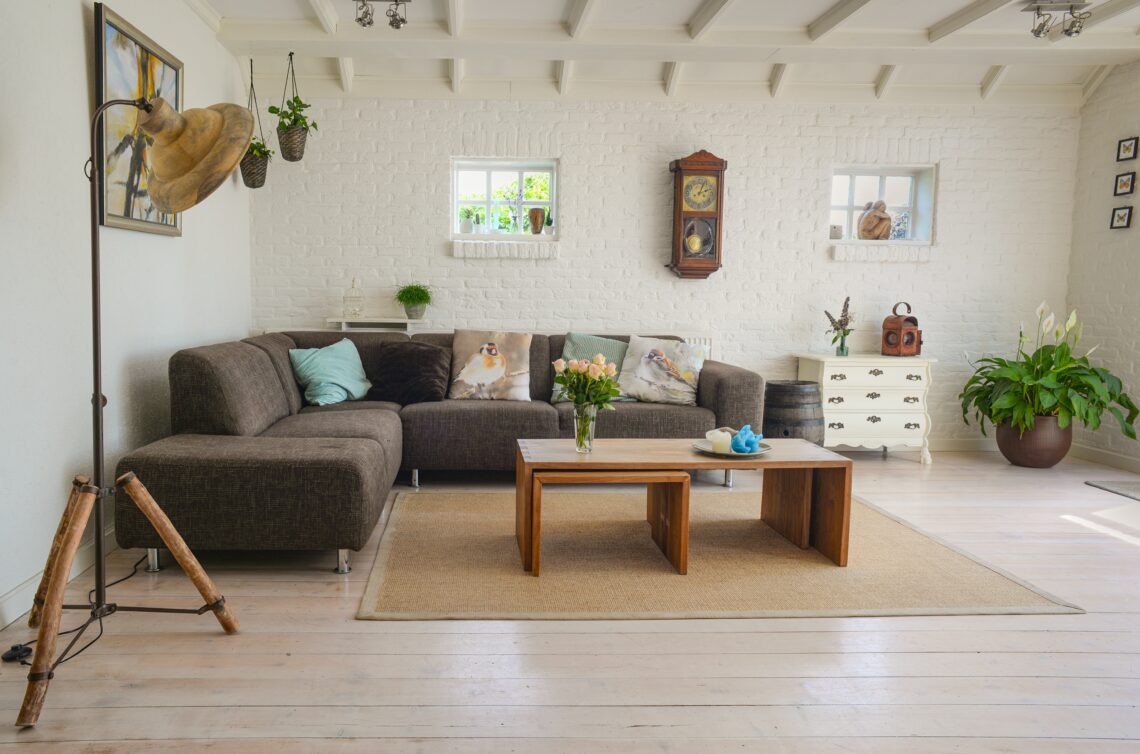
The downsides of Airbnb
Airbnb is increasingly becoming the accommodation of choice for would-be travellers, especially those looking for unique experiences. Before the COVID-19 pandemic, you could find two million people staying in Airbnb options worldwide on any given night. Of those people, 60 per cent were millennials. Most guests were looking for vacation options that allowed them to live like locals, and to learn about other communities and cultures.
Airbnb’s mission statement, according to its website, is to “create a world where anyone can belong anywhere.” Its business platform is simple: Airbnb provides a platform on its website and app that connects travellers with homeowners. This allows homeowners to rent out their homes—partially or fully—to travellers in a convenient way. By empowering individuals to easily rent out space to travellers, Airbnb has vastly increased the number of short term rental options, enabling easier access to more intimate and authentic accommodations. It has never been easier for travellers to stay in “regular” neighbourhoods and away from tourist centres.
Airbnb has enabled cheap travel accommodations to become widely available, and its model allows homeowners to make extra cash easily. It would be great if the story ended here. Unfortunately, it does not.
There are many negative externalities, which are impacts on people not directly involved in the transaction, associated with Airbnb. The most significant is the impact it has had on long-term rental affordability, the loss of tax revenue, and the alteration of the character of neighbourhoods.
The impact of Airbnb on long-term rental prices comes down to simple supply versus demand. A research paper published by McGill University estimated that in 2018, Airbnb took 31,000 units away from the long-term rental supply across Canada. This constitutes 1.5 per cent of rental dwellings in the country. These rentals are also highly concentrated in Canada’s most expensive cities; 40 per cent of those Airbnb units could be found in Toronto, Montreal, or Vancouver.
It is estimated that Airbnb listings for entire homes in Toronto account for 0.8 per cent of the total number of dwellings in the city. This may sound like a small number, but the impact is likely significant.
Demand for housing is relatively “inelastic,” which means that the price of housing does not significantly impact the demand for it. Even if rent is expensive, we all need a place to live. So, fluctuations—and especially reductions—in the supply of housing can have a large impact on rental prices.
A key benchmark when assessing the health of a city’s rental market is the vacancy rate, which is the percentage of total units within the city that are vacant at a given time. The usual target for a healthy rental market is vacancy in two per cent of all units. This rate signals that there is a relative balance between the demand for, and supply of, rental units. Even though 0.8 to 1.5 per cent may seem like a small number, it can have a major impact on rental prices.
McGill’s study further estimates the impact of Airbnb on rental prices in New York City. In New York, between 0.8 and 1.6 per cent of rental units have been taken off the market and converted to Airbnb units, which has caused an increase of between $380 to $700 per year in average rent costs. Airbnb has disputed the study, stating the public data used by researchers is unreliable and comes from public web pages which can often have significant gaps.
Another impact is the loss of tax revenue for local governments. For instance, take Toronto. The commercial tax rate is 2.6 times higher than the residential tax rate. Airbnb units are assessed for residential uses, rather than commercial, since there is no formal use conversion when an Airbnb is established. So, even though many Airbnb units act essentially as hotels, they are not treated this way when it comes to taxation. This could pose a significant loss in tax revenue for cities over time as Airbnb gains popularity, potentially displacing existing hotels or reducing the chances of new hotels being built.
While a reduction in property tax revenue may not seem particularly important when compared to increasing rent prices, it is crucial to remember that property taxes pay for critical services like public transit, fire departments, parks maintenance, and more.
The third major impact to consider is Airbnb’s effect on the livability of established neighbourhoods. When plans to establish a hotel are devised, the would-be hotel operator must prove that their new hotel will not negatively impact the community. The building, parking lot, etc. must be designed in a way that ensures extra noise, traffic, and nuisance caused by travellers can be managed within reason.
There is no such process when it comes to establishing Airbnb units. Anyone can rent out their home or apartment as an Airbnb. Many cities require each Airbnb to be registered in order to be considered legal, but this process rarely takes the unit’s location into consideration. In instances where the location is considered, many Airbnb operators simply don’t register their units, as the Toronto Star recently reported.
This leads to condos and neighbourhoods becoming overrun by Airbnb units, which alienates neighbourhood residents. According to the CBC, this has sometimes been even more troubling during the pandemic. Travellers tend to not take care of their accommodations as carefully as long-term residents do and are more prone to throwing loud parties or causing property damage.
All of this to say that Airbnb is not the perfect solution that it claims to be. The “democratization of travel” is a noble goal. Enabling easy accommodations and low nightly rates can encourage people to explore parts of the world that are new to them. However, Airbnb is causing serious negative effects on the neighbourhoods and cities where it is most common. One should consider these unintended consequences before booking a stay and prioritize units that don’t cause problems for the community.
About the author
Daniel Watchorn is a practicing professional planner in the Greater Toronto Area. He is the founder/writer at ux-urbanism.com.




